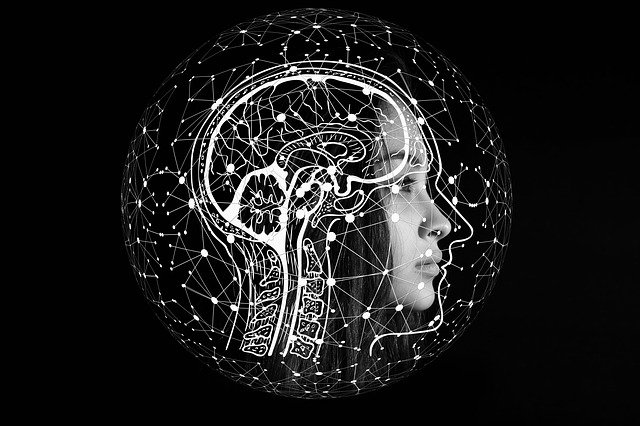
Self-care is arguably one of the most important things we can do for ourselves. In life, the only consistent thing we have is ourselves. It is in our best interest to take care of our bodies and minds. Self-care looks different to everyone. Each person has their own definition of what self-care is. For some people, self-care is taking care of all those little chores that have been put off. For others, self-care might be lighting candles and sitting down with a good book. This being said, something that can work for all of us is how we feed ourselves. Food has many effects on the body far more than simply helping us feel full. It can control how we feel, think, and move.
Feed Your Mood
Oftentimes, through the lens of being healthy, food is attributed to its ability to contribute to either weight gain or weight loss. Many times, we think of food as simply caloric amounts. But food is so much more than that. While it does contribute to how much body mass we have, what we eat is also innately linked to how we think and feel. Ultra-processed foods affect the environment of our gut and thus affect how our body is able to function. It is no surprise that after eating a slew of refined and unhealthy foods that we feel sluggish, tired, and unmotivated. Nearly 90% of our serotonin receptors, the hormone that affects our happiness and mood, are located in the gut. This means the quality of food that passes through our intestinal system can affect our moods both positively and negatively. Fueling our body with healthy proteins, like tasty lean meats, cruciferous vegetables, fruits, and whole grains can help us live happier and healthier lives.
Brain Food
Food doesn’t just affect our mood, but it affects our mind too. What we eat can contribute to how well or how poorly our brain is able to function. The nutrients in our food are the same ones that our body relies on to properly function. Eating foods rich in these nutrients can actually help strengthen our brain so it can function better. One food in particular that helps the brain function better is fatty fish. Omega-3 fatty acids found in fatty fish are a major building block of the brain. They can help improve our ability to harbor memories. Foods high in antioxidants also help power the brain and delay aging. Antioxidants help prevent chain reactions that can damage cells and their ability to function. By consuming foods that are filled with these nutrients and minerals that help fight off diseases and damage, we can strengthen and prolong the health of our vital organs like the brain.
Fuel Your Activity
As aforementioned, we often think of food based on its caloric value. “Good” foods are low-calorie, while “bad” foods are high calories. This mindset is not only damaging for our mental health, but it actually can affect our physical health as well. Eating low-calorie solely for weight loss is not necessarily healthy and certainly not a productive method of fueling the body. When looking at foods to feed ourselves, we should focus primarily on the nutrients and minerals that it provides. While some healthy foods like fruits and vegetables are simultaneously nutrient-dense and low calorie, that isn’t true for all. While a handful of candy may be fewer calories than an avocado, that doesn’t necessarily mean the candy is the better option. A large part of self-care is celebrating movement and letting our bodies be active. Part of this is fueling ourselves properly in order to make the most of our activity.
The Bottom Line
The things we put in our bodies can have a direct effect on how we think, feel, and move. While indulging in unhealthy food is perfectly fine every once in a while, establishing a routine of nourishing foods is an important aspect of self-care. Feeding ourselves healthy foods can in turn help us lead happier lives.



